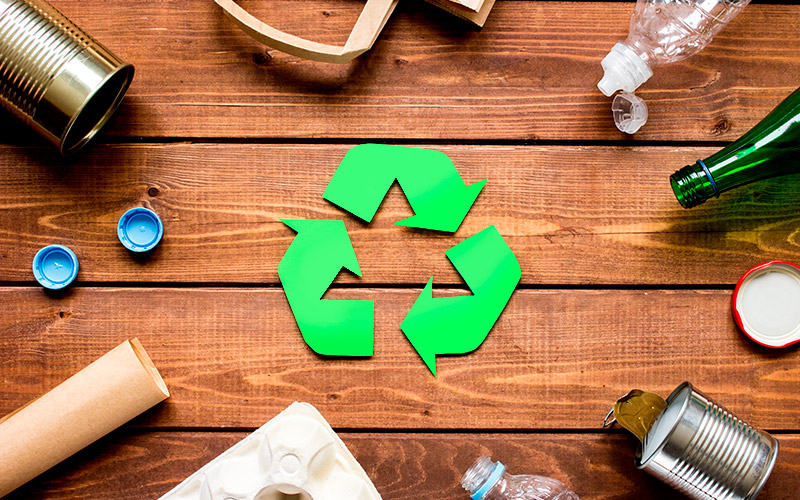With the kick-off of COP27[1] in Sharm el-Sheikh this week, it is a new opportunity for policy makers and civil society worldwide to gather and present their different achievements, targeting the reduction of more than 50% of CO2 emissions by the year 2050.
Although, there is still much to be done despite the many crises that led to unprecedented fluctuations in the supply and value chains, a lot of European member states have still put effort towards a green transition in the electricity production, some industrial processes, and even in finance with the rise of ESGs[2]. This change aims at establishing a circular economy with high productivity and less waste.
In this article, we will try to cover the three best ranked European countries who look at a more circular future
Presenting a clear and accurate ranking is not an easy task: a circular economy implies various factors, objectives and criteria – it is hard to find a country meeting them all. We may find the best ranked European countries in recycling rate, to which belong Germany (66%), Austria and Slovenia (58%) and Belgium (54%) then, another ranking for the highest investment in circular economy sectors with Germany (28.7 M euros), France (21.3 M euros) and the Netherlands (5.2 M euros). Other elements such as material reuse rate and municipal waste, to name a few, also determine the progress of a Nation in the circular transformation. These figures and indicators are completely accessible on Eurostat[3].
However, it is necessary to look at these indicators as correlated to each other. A higher investment in circular economy for instance can help develop greater and more efficient solutions to recycling; thus, we may find recurrent countries like Germany, Denmark, France and the Netherlands being at the top of multiple rankings. Nevertheless, this should not be exclusive: all steps towards a more rationalized management of waste and control of greenhouse gas should be appraised as well as an inspiration to spread.
One of the current and important projects on circular economy in the European Union is REFLOW[4]. A collaborative work with six pilot European countries aiming at optimizing resources’ flows and creating a tailored circularity for each society based on its needs and supplies. Some of the highlights of the initiatives fostered by this project are the Food Market 4.0 solution in Milan[5], which relies on an integrated system of hardware and software enabling a more sustainable management of fruit and vegetable flows in markets to reduce waste. In France, the Driven Incubator Start-up Studio[6] facilitates the financing of innovative start-ups in the construction sector since insulation, for example, can increase heat saving up to 45% that would have been otherwise quickly lost as soon as outer temperatures drop. These are just samples of the hard work that is being done complementing the diplomatic forums and conferences on climate change.
All in all, it would be very restrictive to name the three major champions of circular economy in Europe, insightful projects have been implemented all over the old continent. Each individual can decide which of the cited member states would be a leader in this matter.
[1] Sharm el-Sheikh Climate Change Conference – November 2022 | UNFCCC
[2] Sovereign Environmental, Social, and Governance Data | World Bank
[3] Main tables – Circular economy – Eurostat (europa.eu)

